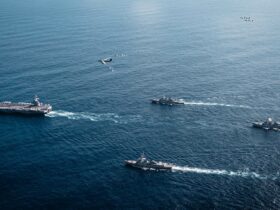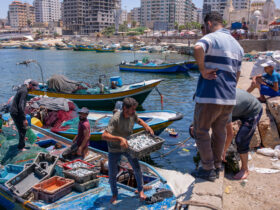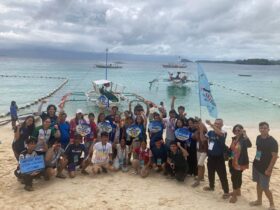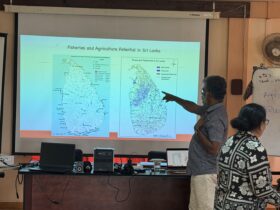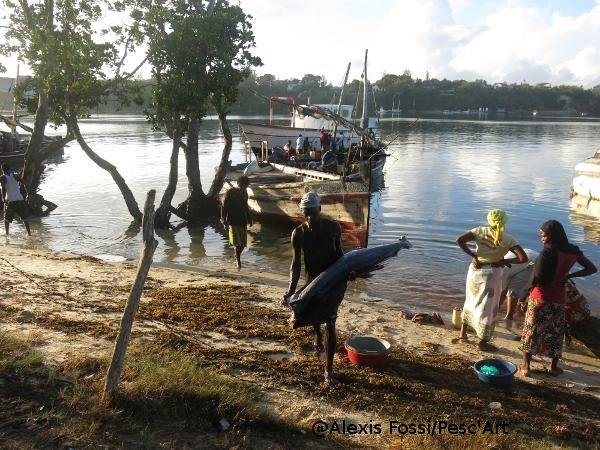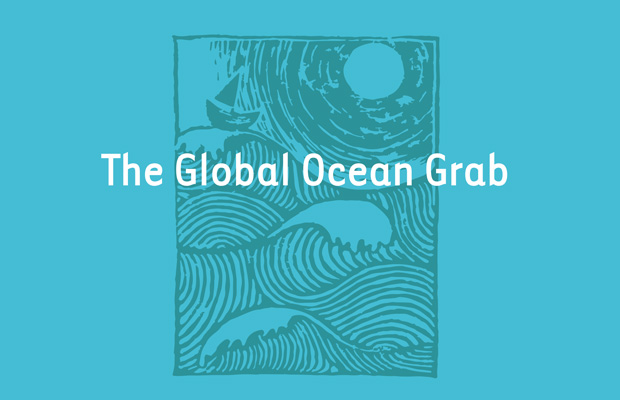[button link=’https://wffp-web.org/2014/08/24/cria-de-camaron-frente-derechos-territoriales-ancestrales-en-ecuador/’ size=’large’ color=’red’ target=’blank’]En Español[/button] Ecuador is the fifth largest producer of shrimp worldwide, generating over one billion dollars a year. Ecuador’s fragile wetlands have been devastated by shrimp farming – according to official statistics, the national area of mangroves went from 362,000 hectares to 108,000 hectares. Although the shrimp industry employs 250,000 people in Ecuador, a much higher ...
[button link=’https://wffp-web.org/2014/08/24/ecuador-shrimp-farming-vs-ancestral-land-rights/?preview=true&preview_id=506&preview_nonce=2c531e48ff&post_format=standard’ size=’large’ color=’blue’ target=’blank’]In English[/button] Ecuador es el quinto mayor productor mundial de camarón, una actividad que genera más de mil millones de dólares estadounidenses al año. Los frágiles humedales del país han sido devastados por la cría de camarón; según estadísticas oficiales, la superficie nacional de manglares se ha reducido de 362.000 hectáreas a apenas 108.000. Aunque la industria del camarón emplea ...
When the terrorization of the Horn of Africa by the Al-Quaeda linked Al-Shabaab could no longer be ignored, Kenya responded by sending troops into Southern Somalia in October 2011, but even that could not put an end the threat upon the local populace, including fishing communities. Political turmoil in the coastal region has seen attacks carried out in the name ...
A new report, The Global Ocean Grab, was published by the Transnational Institute, Masifundise and Afrika Kontakt together with WFFP. The term ‘ocean grabbing’ aims to cast new light on important processes that are negatively affecting the people and communities whose way of life and cultural identity depend on small-scale fishing and related activities. Small-scale fishers and fishing communities in both the ...

